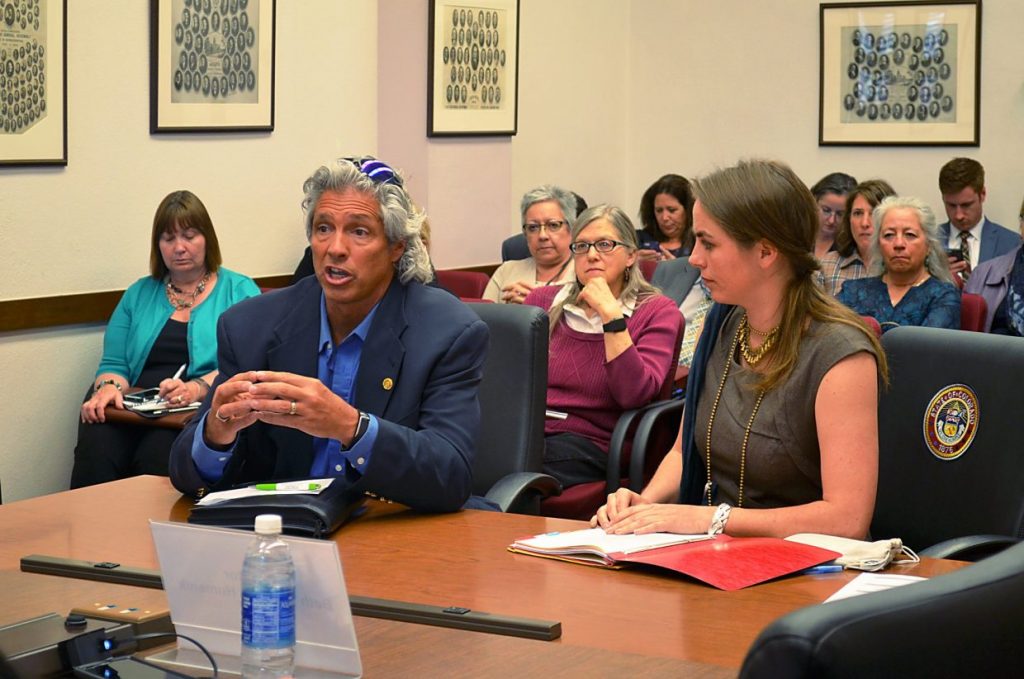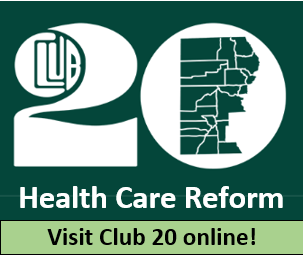INNOVATIVE IDEA:
Empower diverse stakeholders to improve health care.


The PROBLEM:
For a variety of reasons, health care costs in the United States began to rise dramatically in the 1990’s.
- Advancements in medical technology were increasing people’s expectations beyond their ability to pay for such care.
- Competition between health care providers created unwarranted duplication of expensive services.
- Pharmaceutical companies, which were previously banned from marketing prescription drugs directly to consumers (they were instead required to market their products to doctors who, in turn, would make educated prescription recommendations to their patients), found a way to circumvent the restriction and began wholesale advertising to consumers. As intended, this direct marketing prompted medically uneducated consumers to demand more prescription drugs.
- Inefficiencies at every level of the health care delivery system, coupled with the requirements of federal privacy laws, encouraged redundant, uncoordinated and expensive health care.

The rising cost of health care also increased the cost of health insurance, which left an increasing number of Coloradans without health insurance.
- Health insurance premiums rose 82% in Colorado between 2000 and 2006, while wages increased by just 15 percent – a more than fivefold difference.
- Between 1987 and 2005, the share of median family income going to health insurance more than doubled from 7.7% to 19%.
Unable to afford health insurance, most of the uninsured opted not to seek treatment until their health condition became dire, and then they sought treatment at the nearest Emergency Room where they couldn’t be turned away for not having proof of ability to pay. (Key Point: Emergency Room care is the most expensive link in the health care chain.) The costs which hospitals incurred for providing emergency treatment to the uninsured were subsequently “shifted” to those who DID have health insurance (by billing them for the hospital’s inflated “overhead” costs), which further drove up the cost of health insurance and, in turn, made health insurance unaffordable for more people.
As the pool of those who had health insurance shrunk, their share of the cost to pay for the growing population of uninsured skyrocketed. The traditional practice of reassigning uninsured care costs to the insured was proving unsustainable as the the cost of health insurance spiraled up uncontrollably. In 2005, it was estimated that almost 16% of Americans had no health insurance, and $934 of the average $12,000 annual family health insurance premium in Colorado was used to pay for the cost of caring for the uninsured.
The BIG IDEA:
In 2006, as the Executive Director of Club 20 — the Western Colorado advocacy organization founded in 1953 — Reeves convened a diverse group of stakeholders to explore opportunities for reforming health care. The Working Group very deliberately represented the spectrum of diverse health care stakeholders, including doctors, nurses, for-profit insurance companies, non-profit insurance companies, government, business and individual consumers. While all participants agreed that the health care system needed to be reformed, each participant represented a specific constituency which had a unique perspective on the health care challenge and unique objectives which they sought to achieve through health care reform. By engaging all perspectives in the conversation on how best to reform health care, Reeves reasoned that a more holistic and sustainable solution might be found.

The RESULT:
Because Club 20’s conversation about health care reform included different, and oftentimes conflicting, perspectives, the recommendations which grew out of that conversation represented a holistic solution that balanced the competing needs of all stakeholders and therefore had broad support. Some of the reform recommendations which the Working Group advanced included:
- mandating that all individuals must obtain health insurance in order to increase the pool of resources, reduce “cost-shifting” and encourage less expensive preventative care,
- prohibiting insurance companies from denying coverage for pre-existing health conditions,
- requiring the federal government to fully reimburse health providers for the cost of subsidized health care (Medicaid and Medicare), and
- requiring all patients to be responsible for contributing to the cost of their health care.

While many of these reform recommendations were controversial at the time, they have since become more widely accepted as sensible and necessary steps which must be taken to contain the currently unsustainable cost of health care. Club 20 has subsequently established itself as a platform for constructive health care policy dialogue and has helped shape state policy to that end.
When a diverse audience is empowered to engage in an honest conversation about the reality of their current challenge and the options available to them, they find uncommon levels of agreement on solutions that none of them could have conceived on their own. That’s synergy.

